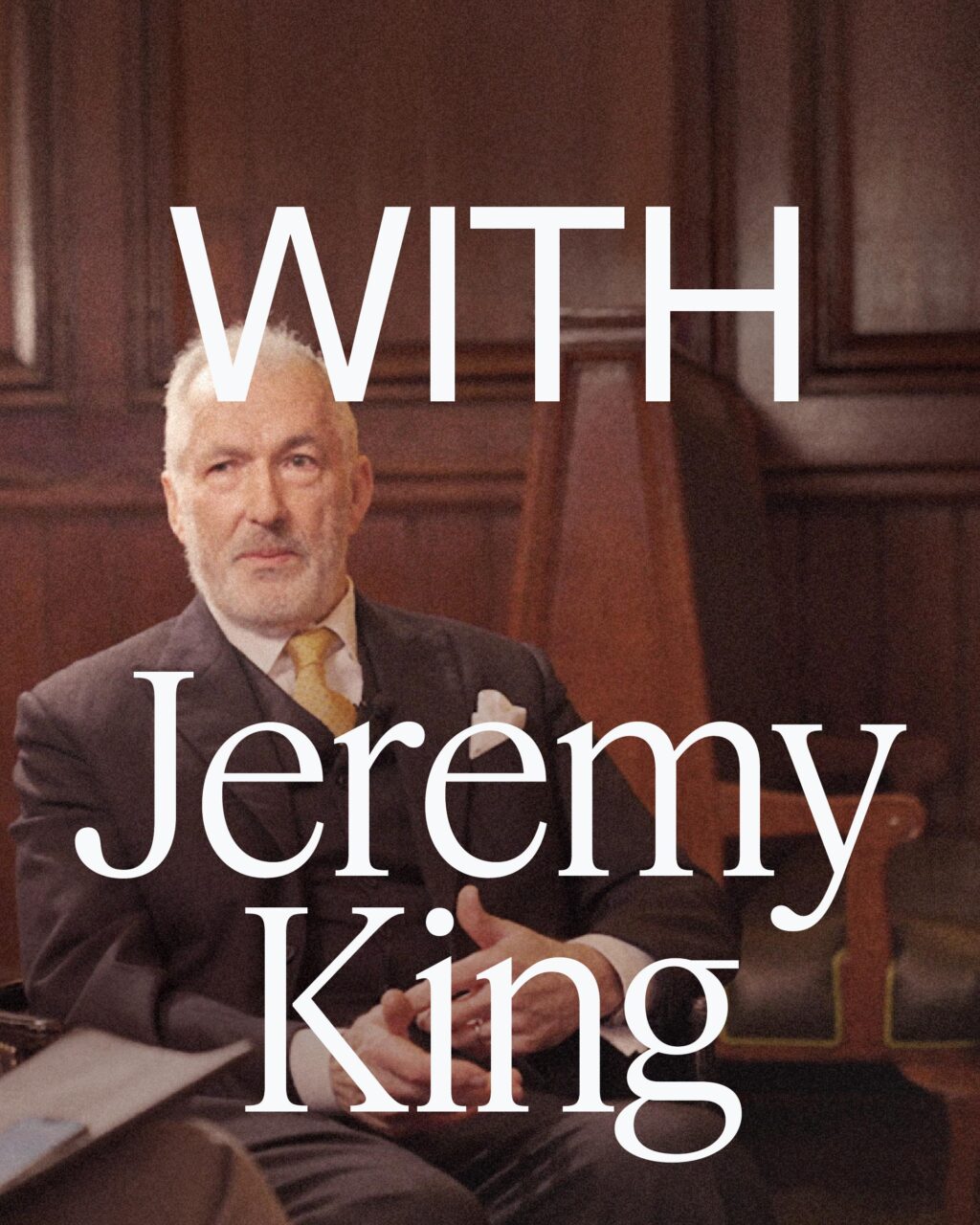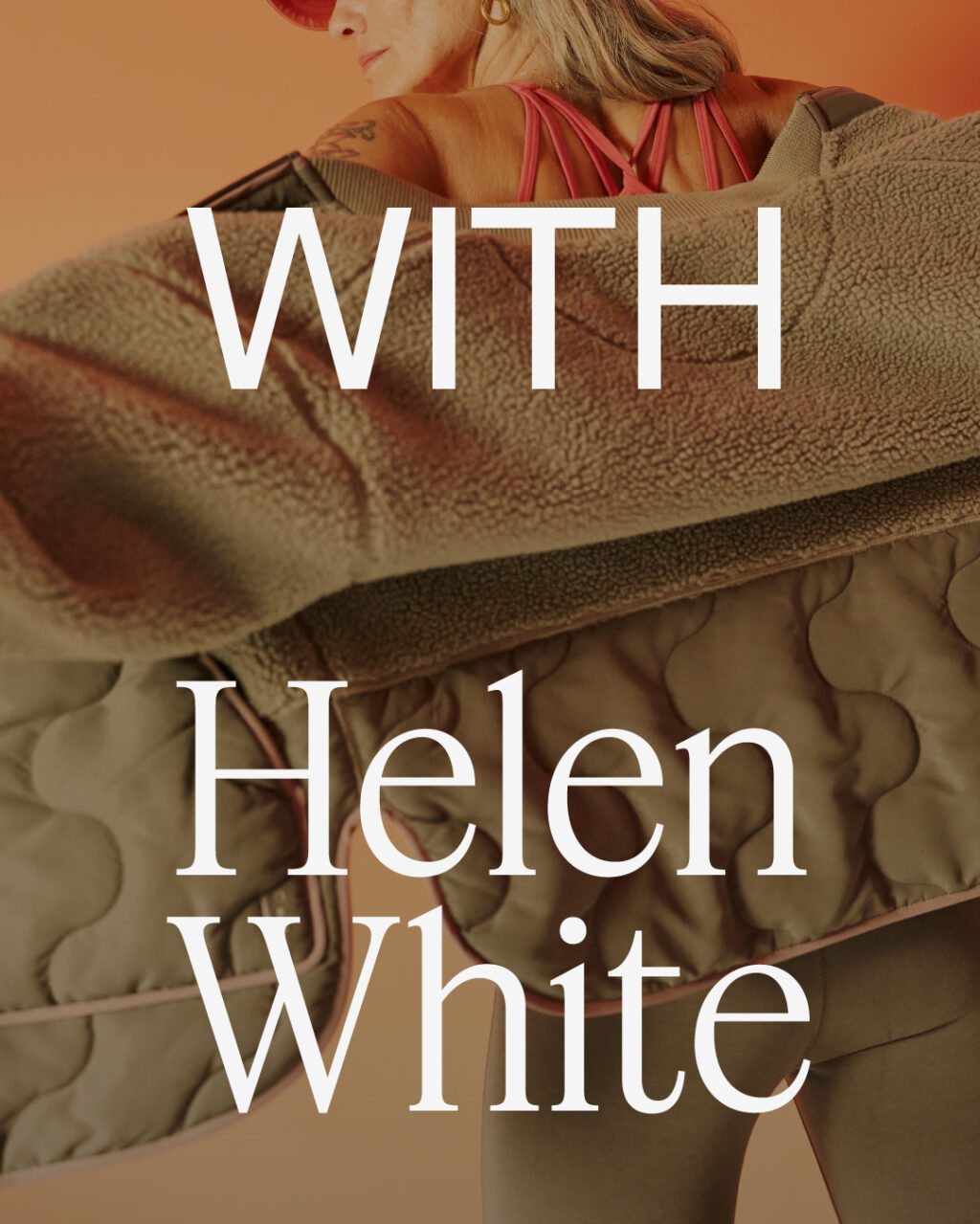With every brand staking a claim on being “sustainable”, how do authentic businesses stand out?
At this month’s Walpole Future of Luxury Summit, a common thread ran through many of the discussions: how can brands drive positive and sustainable change? In her on-stage interview, designer Anya Hindmarch set the tone, suggesting to brand leaders that they visit a landfill site. “Offsetting is a cop-out”, she said, reflecting the views of consumers who care. They demand systemic changes to brand behaviour, not empty gestures or short-terms promises.
Anya’s comments were contextualised by Bain & Company’s Federica Levato, who said that a key trend for the luxury sector will be “ethics over aesthetics”. She said brands must show customers meaning and purpose. To do that, they must go back to their roots.
And it starts from within. Anna Bartle, vice president corporate affairs and co-lead sustainability at Estee Lauder UK & Ireland, shared details of an internal campaign called #weareglobalcitizens. “Our UK and Ireland strategy is to ‘mainline sustainability’, to have it woven into everyone’s role,” Anna told us. “But conveying the information can often be quite a challenge.” Working with an external agency, the company created a series of thought-provoking, quirky and memorable messaging across topics like plastic and energy consumption to use on all employee-facing channels.
We were reminded of our friend Tristram Stuart’s mantra: “If you want to change the world, you have to throw a better party.” As a global campaigner against food waste, Tristram is fighting our hardest collective battle – food production is the human activity with the single biggest impact on our planet – but he does it by bringing people together and having fun. For him, environmentalism isn’t a sacrifice.
It’s a sentiment shared by Henry Laithwaite. When he approached us to design his British sparkling wine brand, he said that being organic and free of herbicides was non-negotiable – despite it being far more work than conventional viticulture, and far less predictable. “But if it will make a sparkling wine that has true character and individuality, which I believe it has, then it is certainly worth it,” Henry said.
He’d told us about the French term “terroir”, which has no equivalent English translation. “It means all the natural elements that contribute to a wine’s taste: soil, rocks, climate, exposure to the elements,” he said. “The soil is what separates the great from the good. No matter what you do to a wine during the winemaking process, it is ultimately the soil and what’s beneath it which will define its long term character. Seeing as the soil is our greatest asset, I make sure we look after it.”So we built a brand entirely around its roots, based on hard work and good fortune – on Harrow & Hope.
For Sushi Daily, which makes its sushi by hand, on-site (each day starts with an empty fridge) from responsibly-caught fish, it was by going back to its Japanese heritage that we unlocked a plastic problem. Black plastic is often used for packaging to hide imperfections, but carbon black pigments cannot be recycled. As part of the redesign, we swapped the black plastic in Sushi Daily’s red and black packaging – clichèd Japanese colours – for Aizome, an authentic Japanese royal blue, not widely recognised by Western cultures. The packaging is now 100% recycled and recyclable, and manufactured with certified green energy.
It is so ubiquitous now that the word “sustainability” has lost its meaning, a problem compounded by loud shouts of greenwashing from some businesses. But customers see through empty words; they demand action. They want to experience your values, not be told what they are. As such, brands need to find the motivating purpose for their sustainability agenda: how does it make life better? Find your difference, and your actions become believable, relevant, embedded in behaviour. When you strip it back to basics, it’s rather simple: show, don’t tell.
Without create brands that make a difference. Receive our Defining Your Difference pocket guide to your inbox or if you’d like to discuss how your brand can connect with today’s consumers, get in touch on 02070999080 or hello@without.studio.
This article first appeared in The Brief, a monthly email with conversations and provocation for leaders and founders of brands. Just sign up here to receive it directly to your inbox – and join the debate.


